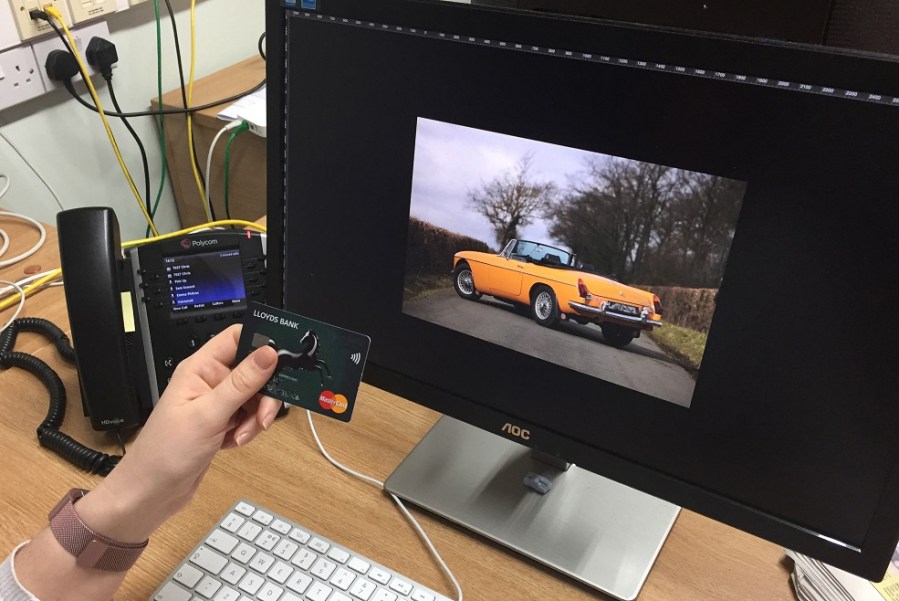It’s a subject we’ve covered several times over the past year but sadly, the risk of fraud when buying cars from private advertisements shows no signs of going away.
Speaking to victims of the various techniques employed by fraudsters, there’s a single general theme running through the different cases: transferring the money without verifying whether the car in question genuinely exists and without making the usual checks to verify the identity of the supposed vendor.
In most cases, a car will be advertised at a price which is attractively cheap – either ridiculously so, in which case alarm bells should ring immediately or merely slightly cheaper than average. The adverts will frequently carry only an email address or a mobile number and when making contact everything will be done by email. From this point, the heart often overrules the head and when the seller encourages you to make a snap decision to secure what appears to be a bargain, you’ll be sent payment details with a promise that the car will be delivered when funds have cleared – either the full purchase price or if you’re lucky, just a deposit.
Sometimes this will simply be bank account details and sometimes a link purporting to be from Paypal or a similar recognised payment system. In either case, when you’ve made the bank transfer the car never appears. In on case we encountered recently, the seller even provided a genuine UK street address which of course turned out to be plucked at random, the innocent family living at that address entirely unaware of what had happened.
In another recent case, a purchaser was sent bank account details which related to an account in Rome but although it’s within the EU the chances of police being able to trace and recover the funds are minimal.
Used car information service mycarcheck also warns of a new approach where cars are advertised with a phone number but this always goes straight to voicemail prompting you to email the seller. They will then reply stating that the car is currently out of the country but can be delivered as soon as funds are paid into an escrow account – which should be a service operated by a third party which releases finds only when both parties are happy with the transaction. Of course it isn’t a proper escrow account but merely the fraudster’s personal account and so the money is gone and the car never existed.
There are some simple steps to guard against being a victim of this kind of crime though. In most cases the fraudsters will simply take a photo and description of a car from an existing advert, so a simply copy and paste of the text into Google will frequently reveal the same advert has appeared in other places – and it will often be from some time ago. If there’s a landline in any of these search results, then call it and you’ll probably discover the car was sold legitimately long ago.
Secondly and perhaps most obviously, don’t transfer funds via bank transfer without satisfying yourself that the deal is genuine. If the seller seems unwilling to accommodate an inspection of the car then walk away.
And finally: if it seems too cheap to be true then it is. Keep this in mind and you’re less likely to be caught out.




